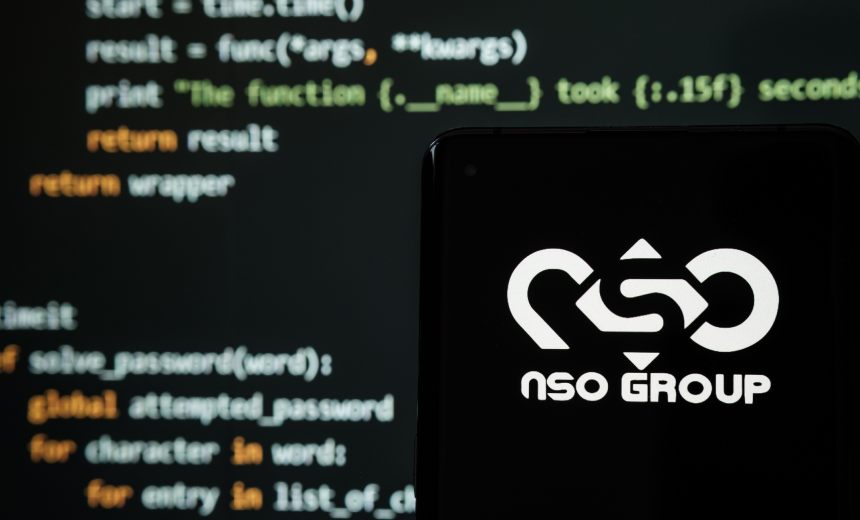Endpoint Security,
Litigation,
Standards, Regulations & Compliance
Jury Awards Meta $167 Million for WhatsApp Hack by NSO Group

In a significant legal victory for cybersecurity, Meta has secured a verdict of $167 million in punitive damages against NSO Group, an Israeli technology firm notorious for its surveillance software. This ruling follows a California jury’s conclusion that NSO’s hacking of 1,400 WhatsApp users breached both federal and state anti-hacking laws.
The lawsuit, initiated by Facebook—which is owned by Meta—in 2019, accused NSO Group of unlawfully reverse-engineering WhatsApp to create its Pegasus malware. This zero-day exploit primarily targeted high-profile individuals, including diplomats, activists, and journalists, who rely on encrypted messaging to communicate securely. The allegations raise serious concerns about the security of messaging platforms and highlight vulnerabilities that can be exploited for malicious purposes.
A spokesperson for Meta characterized the jury’s decision as a crucial victory for privacy rights, describing it as a deterrent to the illegal spyware industry. The ruling emphasizes the growing need for robust cybersecurity measures at a time when such software poses severe risks to digital communications.
The verdict was made possible after Judge Phyllis J. Hamilton granted Meta’s motion for summary judgment, determining there was compelling evidence against NSO Group. This judgment reflects the increasing scrutiny and accountability that spyware entities must face in light of their destructive practices.
In addition to punitive damages, Meta was awarded $444,719 in compensatory damages for costs incurred during the investigation, response, and efforts to mitigate reputational damage. While experts anticipated that punitive damages might reach substantial amounts, they caution that NSO Group’s potential bankruptcy alone may not halt the proliferation of Pegasus software.
WhatsApp CEO Will Cathcart previously indicated that the intrusion was traceable to servers associated with NSO Group. He noted that despite the sophistication of the attack, the perpetrators’ attempts to conceal their activities were only partially successful, thereby linking it directly back to the spyware firm.
This case exemplifies the tactics employed in recent cyber threats, aligning closely with several techniques in the MITRE ATT&CK framework, specifically related to initial access and exploitation of vulnerabilities. The implications of this ruling may shape future regulations and accountability measures in the domain of cybersecurity, as organizations increasingly grapple with the risks posed by advanced persistent threats.